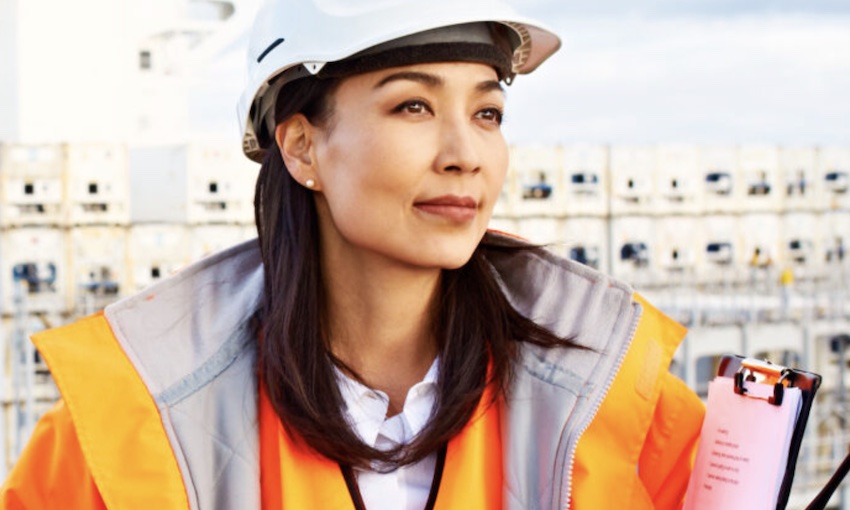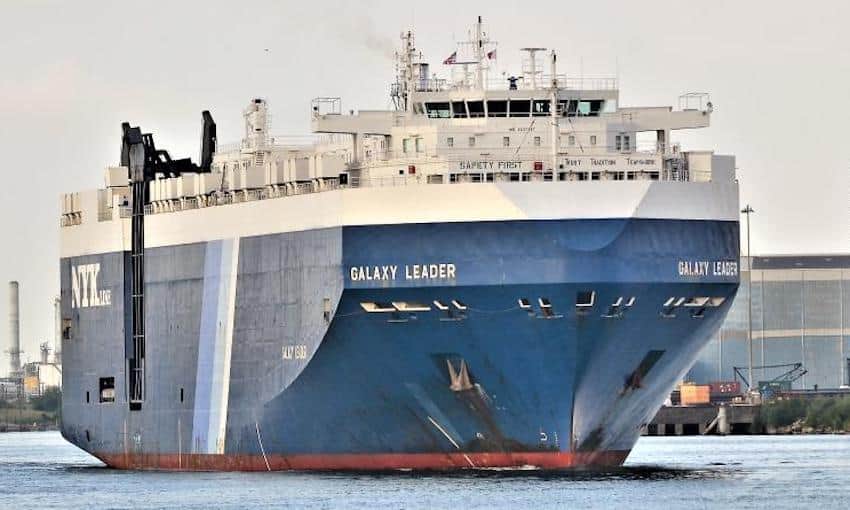WOMEN are struggling with slower career progression, challenging social relations and physical conditions at sea, a new study has found.
The Global Maritime Forum and the All Aboard Alliance interviewed 115 anonymous women seafarers from across the ranks and identified 15 “pain points” based on their responses.
They said challenges ranging from ill-fitting safety gear to harassment all fell into four broad categories.
Those categories were difficulties in succeeding professionally at sea, challenging social relations on board, employment challenges at sea and physical conditions on board.
Su Yin Anand, head of shipping at South32 and co-chair of the All Aboard Alliance, said life at sea needs to be more inclusive for women seafarers.
“Now that we have a better understanding of what the pain points are, we can work together to address them.
“We do not want them to leave their careers at sea because we need them – and we need many more.”
Mikael Skov, co-chair of the All Aboard Alliance, and CEO of Hafnia, said the issues must be addressed.
“First of all … it is the right thing to do. Secondly, because the maritime industry is changing rapidly, and more advanced skills are needed – ones which require us to holistically look at the full talent pipeline to identify the best candidates – for the maritime sector to thrive and grow.”
GMF and the All Aboard Alliance noted many of the key pain points identified in the study – such as bullying and harassment, feelings of isolation, and long contracts keeping seafarers from their families for many months are also considered as pain points for many male colleagues.
“The study provides us with the direction we need to develop adequate measures to find solutions to each of these challenges, and none the least, to decide which of the measures to test in the pilot project later this year,” GMF project director, human sustainability Susanne Justesen said.
“The maritime industry needs female seafarers, and it is important that we work collectively to develop and test ways to make work life onboard more inclusive for everyone.”
The interviews were conducted as the first part of a pilot project by the All Aboard Alliance.
The study covers women of all ranks, from captains to deck hands, and in many types of ships, with most of the women interviewed being from Asia (63%) and Europe (25%).





